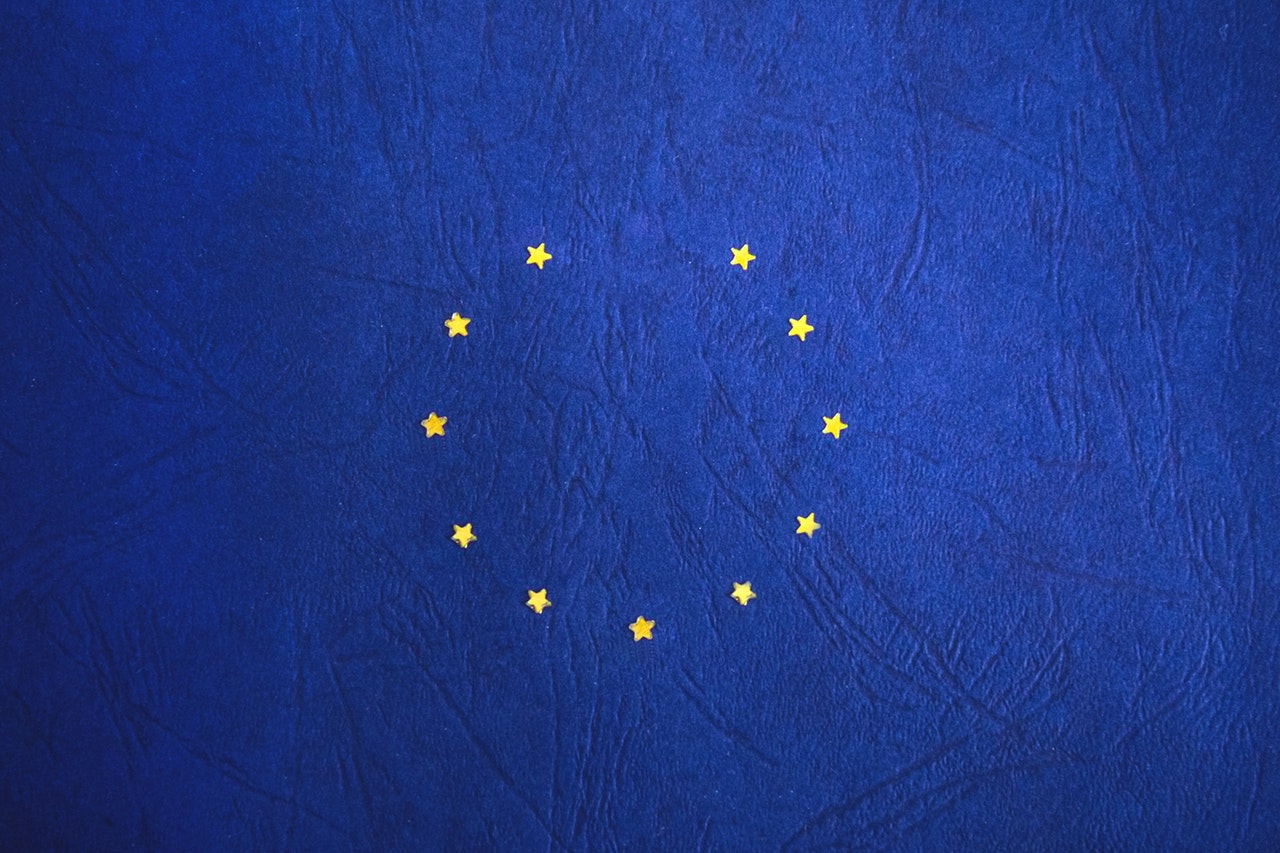The US President Barrack Obama is expected to visit Great Britain in May. According to the British media, Obama will urge the British voters to reject Britain’s withdrawal from the European Union in a referendum later this year. Such an intervention in a decision-making of a democratic nation state is hypocritical and counterproductive.
American officials have long been accustomed to opining about internal European affairs. Recall Secretary of State Condoleezza Rice’s statement in support of Turkey’s EU membership in 2008. Then, last year, the US Trade Representative Michael Froman declared that America would not pursue a separate free trade deal with Britain if it leaves the EU Some have interpreted Froman’s words as an attempt to scuttle the “Brexit.”
As Americans, we would rightly object to Europeans trying to influence our relations with Mexico and Canada. Why, then, do we think it appropriate to interfere in domestic affairs of European democracies? That is particularly true of our closest ally, for the theme uniting the Brexit campaign is the re-establishment of national sovereignty. The British have grown tired of taking orders from foreign capitals, be it Brussels or Washington, and wish to see at least some EU powers restored to Westminster.
Prior to the referendum, British Prime Minister David Cameron has pledged to wrest fundamental concessions from Brussels, including an end to further integration, over-regulation and the democratic deficit. He hoped that these concessions would keep Britain in an EU that eschews dreams of a federal super-state and is thus more palatable to the British voter.
The immediate political purpose behind Cameron’s initiative was to stop the rise of the United Kingdom Independence Party, which clamors for exit from the EU But, it was also meant to silence, once and for all, the Euro skeptic wing of his own party, which also supports Brexit.
From the EU perspective, the last thing anyone needs right now is a long and arduous process of negotiating a new treaty that would require the unanimous assent of 27 EU members – just to accommodate Cameron’s promises to the British people. The most that he can hope for at this point is some minor administrative tinkering.
The rise of the euro skeptics in Britain mirrors Europe-wide disillusionment with the institution once considered the continent’s great hope. The EU is failing to deliver a better life for all. What the Europeans got instead is a flat-lining economy and high unemployment caused by over-regulation, protectionism and a common currency that does not suit anyone.
The euro is not the first pan-European mishap. The Common Agricultural Policy, a centrally planned system of production quotas and financial subsidies, has led to epic waste of mountains of butter and lakes of milk. The Common Fisheries Policy was meant to preserve Europe’s fish stocks through a quota system. Instead, it decimated them. The Structural and Cohesion Funds, a system of transfer payments that used money from taxpayers in rich countries to spur growth and employment in Europe’s poor countries, has become a boondoggle of financial misallocation and corruption.
Perhaps most worrying of all is the collapse of the rule of law. The Maastricht budget deficit guidelines, the Dublin Regulation on the processing of asylum seekers, the non-bailout clause in the Lisbon Treaty – all have been discarded with frightening ease. Is it any wonder that insecurity, mutual recrimination and mistrust stalk the continent?
In a futile attempt to cope with the crises that are threating to overwhelm it, Brussels has made a pitch for more powers. If successful, the move will further vitiate national parliaments, sow mistrust between nations and peoples, and worsen the democratic deficit.
Brussels’ claims that it can solve Europe’s problems through political and economic centralization are getting bolder – even as events like the failure to solve the escalating refugee crisis offer painful daily reminders of the EU’s ineptitude.
The outlook for the EU is unpropitious. The end of Europe’s economic slump is not in sight. Europe’s share in the world economy continues to shrink. Having recently concluded the Trans-Pacific Partnership Agreement, the US and other nations of the Pacific Basin are on the cusp of a new era in world trade. At the same time, parallel negotiations between the United States and the EU for the Trans-Atlantic Trade and Investment Partnership languish.
Britain is the world’s fifth largest economy. In case of Brexit, it will be in America’s interest to see Britain prosper. Rather than cajoling the British voter and threatening the U.K.’s economy with a protracted period of uncertainty, Obama and Froman should keep out of the Brexit debate and keep an open mind about a bi-lateral trade deal with Britain as well as Britain’s entry into the TPP.

